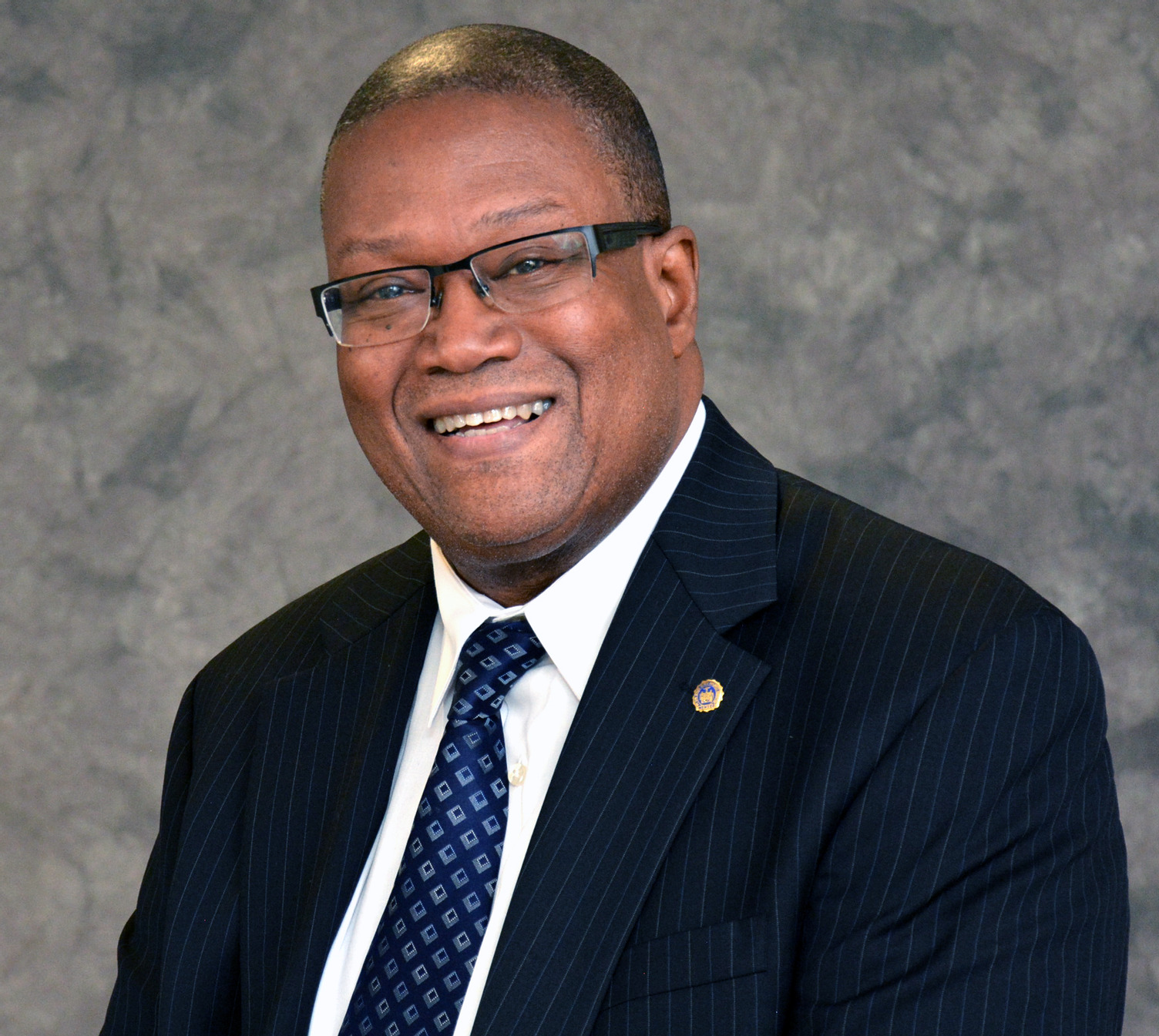June 12, 2023
David Fullard Appointed by NYC Mayor to the Local Conditional Release Commission

David Fullard, Ph.D., visiting associate professor at Empire State University and faculty advisor to the college’s Black Male Initiative, has been appointed to the New York City Local Conditional Release Commission by New York City Mayor Eric Adams and the New York City Council. Fullard will serve as a commissioner for a term of four years.
The Local Conditional Release Commission determines which individuals sentenced within the county or city of New York and eligible for conditional release may be released and under what conditions. It was created in 2020 by the New York City Council to help slow the spread of COVID-19 in the city’s jails and to decrease jail population.
Prior to SUNY Empire, Fullard worked for the New York City Department of Correction for 29 years, retiring with the rank of captain. He worked at the now-closed Bronx House of Detention for Men and in the Rikers Island complex.
Fullard said the work of the Local Conditional Release Commission is critically important. He cites his decades of work in corrections, specifically at Rikers, where he saw acts of violence perpetrated by both the incarcerated and uniformed population that “reflected an absence of humanity and empathy.” But he said he also saw “acts of kindness, compassion, and caring yet again from the uniformed correctional staff and those who were incarcerated, where individuals on both sides tried to help one another in ways that can only be described as inspirational.” He said these spontaneous acts of kindness receive far less attention than those acts of violence.
“Non-violent individuals who are attempting to make major positive changes in their lives need the support of the commission to further their aspirations to become functional and active members of New York City's citizenry,” Fullard said. “Not only do non-violent individuals deserve this second chance, but it is also a critical component of social justice, given the numbers of those caught up in unequal policing and sentencing patterns, which have given rise to the crisis of mass incarceration over recent decades. Having someone serve an entire sentence and then releasing them, untreated and unsupported, into society, may worsen public safety.”
Fullard said the commission keeps societal safety concerns at the forefront of its decisions to assess and release non-violent individuals. He said assessment includes a review of post-release housing conditions, social service support, education, vocational training, and employment, overseen by a probation officer, among other considerations.
In addition, he said, there are a number of conditions incarcerated individuals must meet before release, such as serving at least 90 days of a 120+ day sentence, as well as conditions they need to meet while on release, such as maintaining a tie to their community through employment or permanent residence. Certain convictions, including those for domestic violence or sexual offenses, can make individuals ineligible for release consideration.
“I view service on the commission as an opportunity to identify individuals who deserve a second chance, providing them with the support to ensure that they succeed, while simultaneously enhancing public safety,” Fullard said.
Fullard holds a Ph.D. in forensic psychology and forensic behavioral science from The Union Institute, a Master of Arts degree in criminal justice from John Jay College for Criminal Justice, and a Bachelor of Fine Arts degree from the School of Visual Arts.